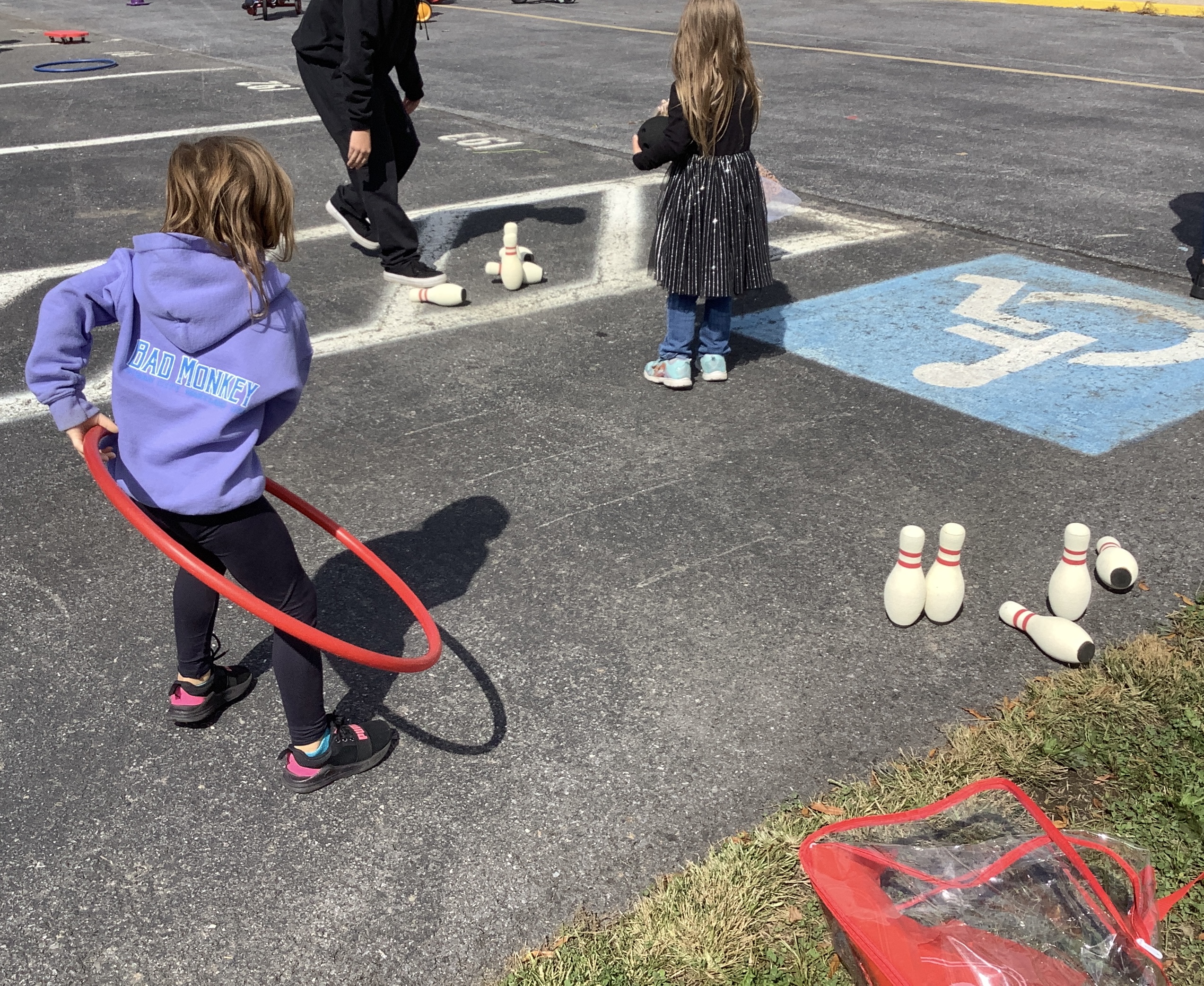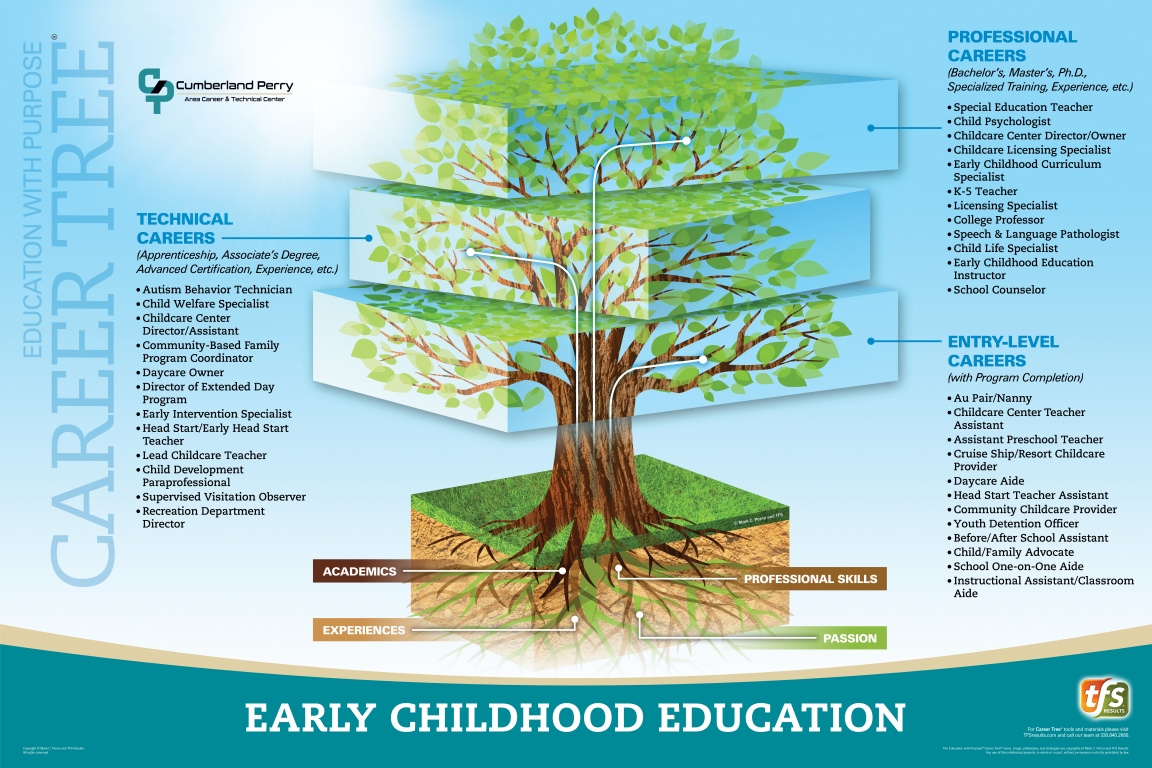Early Childhood Education
What is Early Childhood Education?
The Early Childhood Education program provides students with the tools required to develop skills in: storytelling and presenting music, art, math, language, and science activities; creating, planning, and writing weekly lesson plans; designing bulletin boards, decorations, newsletters, and other teaching tools; and planning and preparing nutritional meals for children. They will also cover how to manage parent involvement, enrollment, safety/health factors, and discipline. A portion of the program is devoted to child development and preschool child growth patterns. Time will be provided to do classroom observations of the preschool children, as well as peer observations of fellow teachers, and the student will be responsible for supervising the entire preschool laboratory school program including managing the children's schedules and attendance; greeting children; managing enrollment; and coordinating art, music, science, and indoor/outdoor play activities. Students have a portion of the preschool day set aside for "Learning Centers", a time in which they work independently with an assigned preschool child in an area that the child is currently strengthening.
Is it for You?
Successful students will enjoy working with and teaching young children, and cooperation with others is a must. Child care workers may work under supervisors or, if they are children's hospital workers, with physicians, and they may consult regularly with supervisors or other members who plan and provide care and/or treatment for children. They may work in publicly-supported or privately-operated children's homes, schools, youth camps, receiving homes, business establishments, or child day care centers. Working conditions vary with the organization: Some facilities contain modern furnishings and an appropriate number of staff, while others may be old and overcrowded. Many Child care workers work 40 hours, five days a week; others work afternoons, nights, or split shifts, as well as some weekends, while still others sleep in two or four nights a week or reside full time at the facility where they are employed. Those who live-in full time may be on duty twenty-four hours a day, five days a week, with two days and one evening off per week. They may be called for day or night duty in case of emergency. In order to succeed in this field, students should possess the following skills:
The ability to get along with others.
A positive self image.
An interest in children and in their development.
Good communications skills.
A sense of humor
Creativity and reliability.
Patience and tolerance.
Challenges, problem solving, and planning strategies.
An ability to adapt to a rapidly changing environment.
Program Objectives
| Level 1
POS TASKS:
|
Level 2
Employability Skills Training POS TASKS:
| Level 3
POS TASKS:
OPTION: Cooperative Education |
What's Next?
Potential Career Pathways
* Salaries listed are PA state averages taken from www.onetonline.com and are accurate as of 2020.
Childcare Workers ($23,610)
Social & Human Service Assistants ($27,480)
Preschool Teachers (Except Special Ed.) ($26,020)
Nannies ($19,220, range varies)
Elementary School Teachers ($59,670)
Childcare Admin ($48,210)
...and many more
Post-Secondary Studies
*Some employment options may require additional study.
HACC: Early Care & Education
Penn College: Early Childhood Education
Penn State: Elementary & Kindergarten Education


